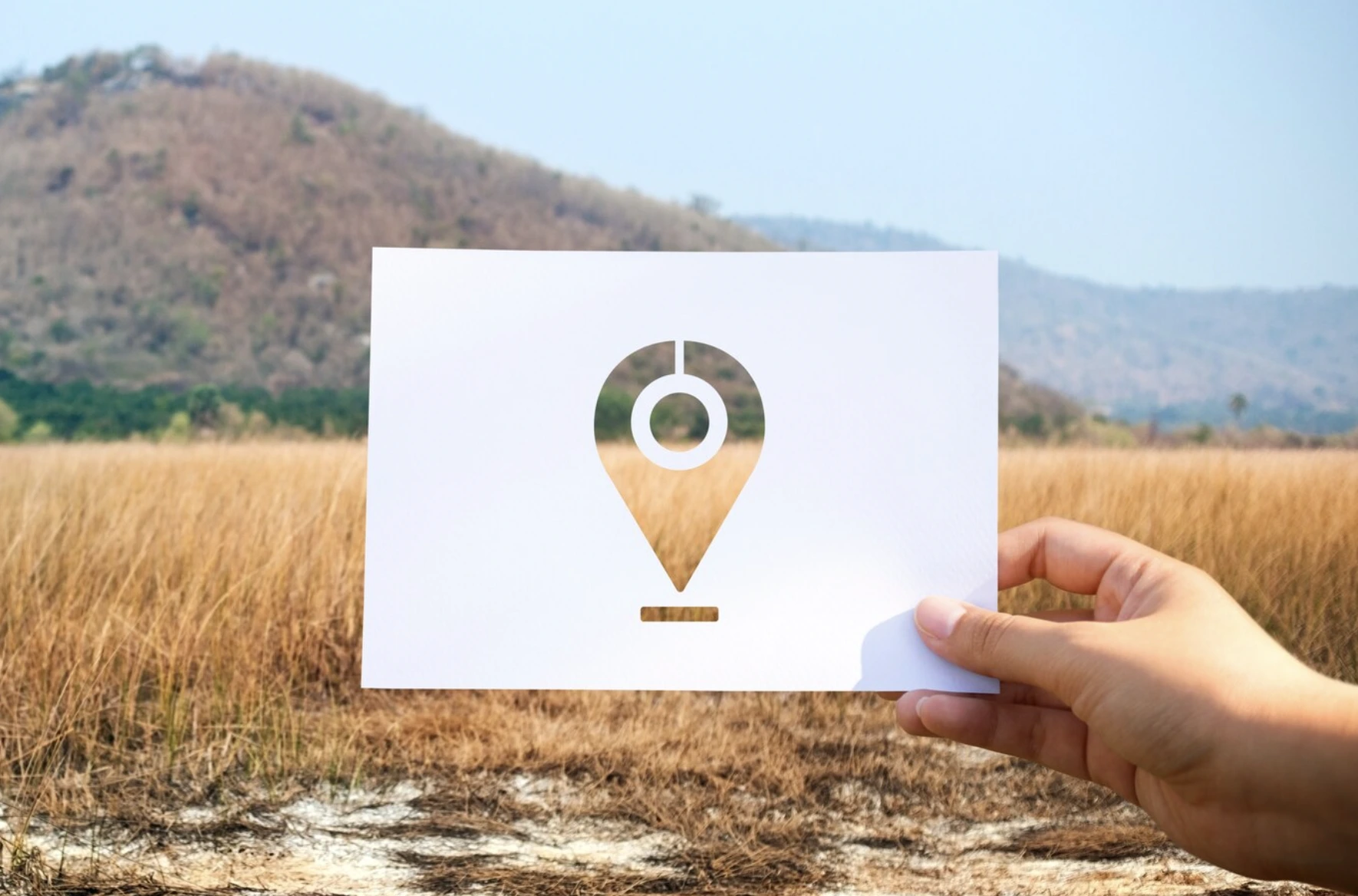
Image by rawpixel.com, from Freepik
AI-Powered Geolocation Tool Faces Backlash Over Stalking Risks
GeoSpy, an AI-driven photo geolocation tool developed by Boston-based Graylark Technologies, has drawn scrutiny for its capacity to identify photo locations in seconds.
In a Rush? Here are the Quick Facts!
- GeoSpy can geolocate photos using visual features like soil and architecture.
- The AI tool was initially public but is now limited to law enforcement.
- Concerns arose over misuse, including stalking and privacy violations.
Developed by Boston-based Graylark Technologies, GeoSpy is marketed to law enforcement and government agencies but has also sparked concerns about potential misuse, as reported in the investigation by 404 Media.
GeoSpy leverages millions of images to identify geographic markers such as vegetation types, architectural styles, and spatial relationships. Initially available to the public, it became popular on platforms like YouTube, where users tested its capabilities, as noted by 404Media.
404 Media explains that while some used it for legitimate purposes like fraud detection or law enforcement, others raised ethical concerns by attempting to track individuals, leading to accusations of facilitating stalking.
The founder of Graylark Technologies, Daniel Heinen, acknowledged to 404 Media the risks in a Discord server where GeoSpy users discuss the tool. When questionable requests surfaced, such as locating individuals or private residences, Heinen and other users firmly rejected them.
Concerns escalated when 404 Media conducted tests with GeoSpy. The tool accurately pinpointed locations, such as identifying San Francisco from subtle street details and narrowing down a Mexico City protest to within blocks.
However, inaccuracies also surfaced, like misplacing a photo from the Los Angeles fires. After 404 Media contacted Heinen, the free public version of GeoSpy was taken offline, restricting access to law enforcement and enterprise clients.
Critics warn that tools like GeoSpy could erode privacy and lead to unintended consequences. Cooper Quintin of the Electronic Frontier Foundation highlighted the risks of over-reliance on AI geolocation, including wrongful arrests and privacy violations.
“It’s one thing if police are using this against a photo that is a piece of evidence in an investigation of a serious crime. It’s totally different to use it en masse to build a geolocation database or to gather intelligence on people not engaged in suspected criminal activity,” he cautioned, as reported by 404 Media.
“And if the results from Geospy are inaccurate I’m concerned this could lead to wasted time for law enforcement, fear and confusion for civilians, and wrongful arrests based on faulty information,” he added.
GeoSpy’s private version for law enforcement reportedly has enhanced capabilities. Heinen has hinted at its potential applications, including military uses like tracking tank movements. 404 Media also notes that GeoSpy also received investments from RecordedFuture, a threat intelligence company, and AI Grant, a startup incubator.


 Previous Story
Previous Story

 Latest articles
Latest articles 

Leave a Comment
Cancel